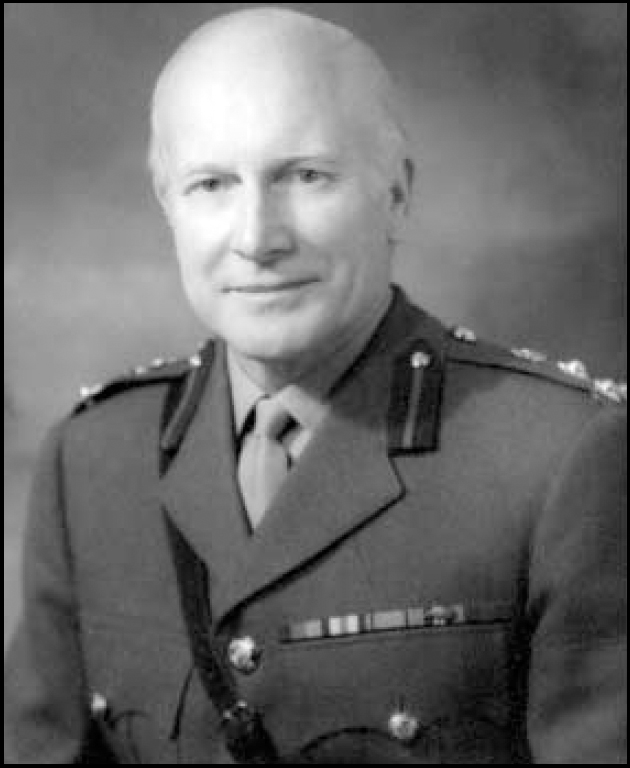
Desmond was a man of quiet determination, of great moral strength, deep integrity and of boundless compassion for anyone in need. Whether sharing joys or sorrows with him, he had the knack of making everyone feel very special and valued.
From his teenage years he loved the artistic side of life, especially classical music, poetry and painting, all of which he continued to enjoy throughout his life. He loved social occasions, dancing, music, and above all, people. He also had a keen sense of humour that would surface just when least expected. He achieved an ideal work–life balance and whenever his batteries felt low, he went fishing, or to his home in Ireland, for spiritual refreshment.
I first met him in 1959, when I was posted to the Military Psychiatric Hospital at Netley. He and his wife Anne warmly welcomed newly recruited medical officers to their quarter in the hospital grounds. In the early 1960s, this group included Peter Abraham, Bill Green, John Grimshaw and Desmond Kelly, to mention just a few. I subsequently served under him in the British Army of the Rhine and at Millbank. His insistence on the highest clinical standards, and of literacy and accuracy in the drafting of psychiatric reports, has proved invaluable, particularly for today’s rigorous continuing professional development, audit, appraisal and revalidation requirements.
He graduated MB BCh NUI in 1937, later proceeding to MD. Following junior hospital appointments in England, he joined the Royal Army Medical Corps (RAMC) in 1939.
He survived both Dunkirk and Normandy and it was his experience in treating battle-shocked soldiers from 1940 as far as the advance through France and Germany in 1944–1945 that increased his interest in psychiatry. Ahead of his time, he understood that vulnerability extended beyond identifiable physical injuries, to the unseen and previously ill-understood adverse effects on the mental state. This led him to specialisation, the DPM and his life-long interest in post-traumatic stress disorder (PTSD).
He had a very successful Army career, passing staff college and being promoted to Brigadier – his final posting was as Commandant of the RAMC Training Centre – unusual for a psychiatrist. He was also appointed Honorary Physician to the Queen and elected a Founder Fellow of the Royal College of Psychiatrists in 1971.
On retiring from the Army, Desmond became Chief Consultant Psychiatrist to the Ex-Services Mental Welfare Society, which specialises in caring for former service and merchant naval personnel suffering from the long-term effects of battle-related psychiatric illness. He held this post for 16 years, offering all who needed it a sympathetic ear and a healing hand. He understood and responded to the devastating consequences of PTSD, including depression, alcohol dependence, loss of job, core identity, and frequently, of family and friends. The work of this much valued charity (Combat Stress) continues to be of particular importance today.
Desmond will be remembered not only for his great achievements and honours, but for his amazing gift of empathy, and for having time and concern for all those around him. He was a true gentleman and to have his friendship was a privilege.



eLetters
No eLetters have been published for this article.